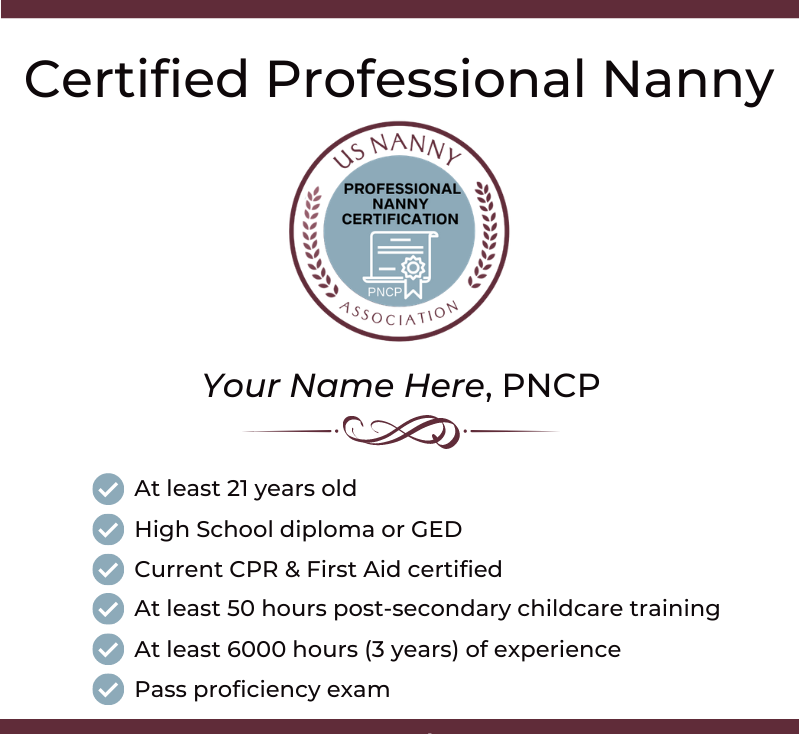Supporting New Parents: Nannies’ Tips to Alleviate Sleep Deprivation
In the world of early child development, the arrival of a newborn brings unparalleled joy and love to a family. However, it also ushers in a significant challenge: sleep deprivation for new parents. As an academic expert in early child development, we are thrilled to explore the pivotal role nannies can play in supporting new parents and helping them overcome sleep deprivation. In this article, we will discuss practical tips that nannies can implement to provide relief, promote restful sleep, and contribute to a harmonious and well-rested family environment.
Understanding Sleep Deprivation
1.1. The Impact of Sleep Deprivation
Sleep deprivation can have a profound impact on new parents. It can lead to irritability, reduced cognitive function, impaired decision-making, and increased stress levels. Understanding the toll it takes is the first step to providing meaningful support.
1.2. Newborn Sleep Patterns
It’s essential to comprehend newborn sleep patterns, which often involve frequent waking and irregular sleep cycles. This knowledge helps nannies tailor their support to the unique needs of the family.
1.3. The Importance of Rest for Parents
Supporting new parents in getting adequate rest is not just about their comfort but also their overall well-being. Well-rested parents are better equipped to care for their child and make informed decisions.
Practical Tips for Nannies
Nannies can employ various strategies to help alleviate sleep deprivation for new parents:
2.1. Offering Nighttime Support
Consider providing nighttime care for the newborn, allowing parents to get uninterrupted sleep. Nannies can handle feedings, diaper changes, and comforting the baby back to sleep.
2.2. Creating a Restful Environment
Ensure that the baby’s sleep environment is conducive to rest. Keep the room dark, quiet, and at a comfortable temperature. Nannies can also help establish a calming bedtime routine.
2.3. Encouraging Short Naps
Encourage parents to take short naps during the day when the baby is asleep. Even a brief nap can help alleviate fatigue and boost energy levels.
Promoting Self-Care for Parents
3.1. Emphasizing Self-Care
Advocate for the importance of self-care to parents. Encourage them to take breaks, engage in relaxation techniques, and seek support from friends and family.
3.2. Scheduling Time Off
Arrange for scheduled breaks for parents to rest and rejuvenate. Nannies can step in to care for the baby during these intervals, allowing parents guilt-free time to recharge.
3.3. Offering Emotional Support
Be a listening ear and a source of emotional support for parents. Acknowledge their challenges and reassure them that they are doing their best.
Nannies play an integral role in supporting new parents as they navigate the challenges of sleep deprivation. By understanding the impact of sleep deprivation, tailoring their support to newborn sleep patterns, and implementing practical tips, nannies can make a significant difference in the lives of new parents. Alleviating sleep deprivation not only enhances parents’ physical and emotional well-being but also contributes to a more harmonious and nurturing family environment. As nannies, you can be a source of comfort, knowledge, and relief during this transformative period in a family’s life. Your support not only aids in creating a well-rested household but also strengthens the bonds between parents, their newborn, and you, fostering a sense of unity and gratitude for the support system that surrounds them.
The US Nanny Association provide the highest certification requirements in our industry. You can learn more about get certified as a Nanny, Newborn and Infant Specialist or Professional Nanny.

We want to thank all the nannies, advocates and business leaders who provide practical tips and insight to elevate our industry. Thank you for sharing your expertise.
The US Nanny Association issues the highest certification requirements in our industry as they require training, work experience, passing an industry exam, a background check and current CPR and First Aid:
- Certified Nanny
- Certified Newborn and Infant Professional
- Certified Professional Nanny
